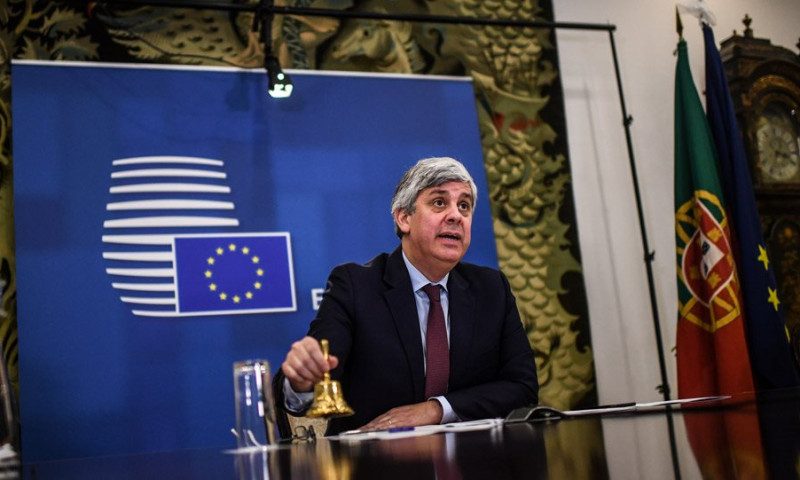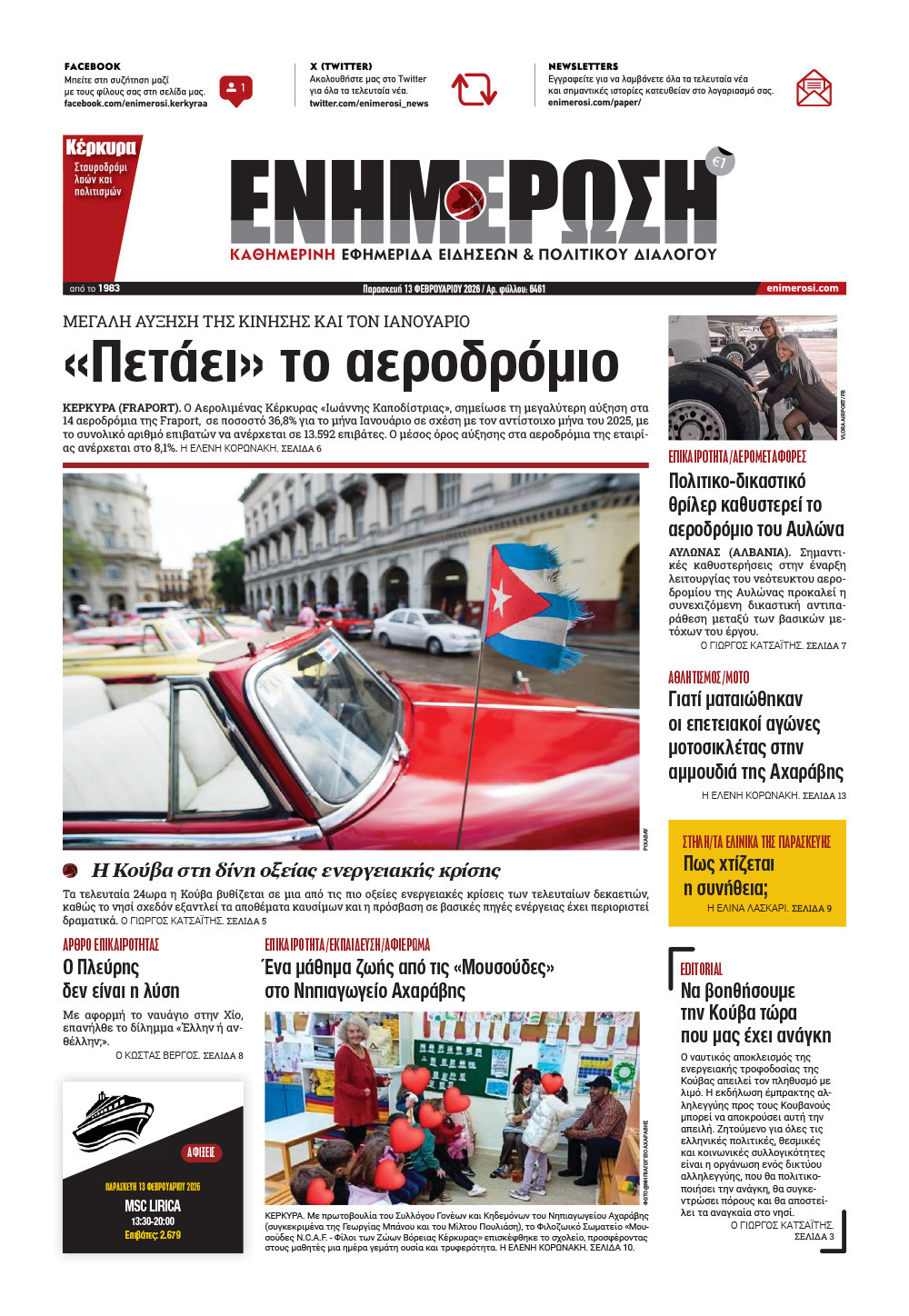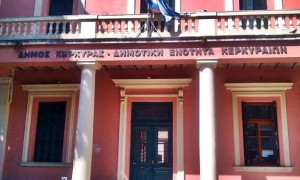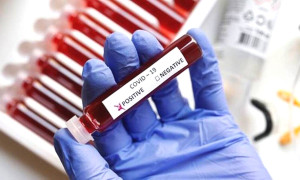Injection of 15 billion Euros for Greece from European Union

European Union
10 Apr 2020
/ 09:48
BRUSSELS. Initial response of €540 billion from the Eurogroup - Yesterday΄s agreement was a small step for the markets and a huge step for Europe - Next step to be taken at the summit meeting - EU leaders will decide on the new ΄funding tool΄ in place of a Eurobond.
The decision of how to respond to the coronavirus crisis is once again in the hands of the leaders of the EU member states. The 'incomplete agreement' regarding the North-South division in the Eurogroup led to an agreement at midnight Greek time with several 'gaps' which need to be 'filled' at the upcoming European Commission Summit Meeting by teleconference.
Although the pandemic is raging in Europe, the Greek Finance Minister Christos Staikouras made a statement in which he expressed cautious satisfaction regarding the achievement of an agreement rather than its content. He hopes it will be the springboard for coming to other braver decisions - indicating that new decisions will be required.
With the 'measure' of 2% of GDP per country the European package includes approximately 3.5 billion Euros from the European Stability Mechanism (ESM) or an injection of 9-15 billion Euros in total. The package includes:
1. Measures for employees: Funding of 100 billion from the Commission for employees who have been affected, have been suspended but receive 800 Euros etc.
2. Measures for businesses: 200 billion from the European Investment Bank.
3. Measures for countries: 240 billion from ESM (from the 420b it has made available) will be given for the coronavirus crisis.
Features of the agreement:
- The big dispute about Eurobonds in the end has led to an agreement on a new funding 'tool' which is referred to in the Eurogroup announcement. The form and terms, however, were left to be agreed by the European Council. Although it was just a general agreement, the committment made seemed to satisfy the Italian Finance Minister. Until flesh and bones are added to it, though, the tool or Fund - if it is finally agreed on - make take months to come into operation.
- As there will not be a Eurobond of 1 trillion Euros, the package of measures from the ESM, the EC and European Investment Bank remains at 540 billion Euros. Half a trillion Euros is the largest sum the EU has ever agreed to spend. The sum is not that impressive in relation to the size of the Eurozone (especially when compared to the 2.3 trillion the USA is making available) but it is 'ready money' and just 'to begin with'. However, together with the European Central Bank the 'injection' will be over 1 trillion Euros.
- The other matter to be discussed was the terms of the low-interest loans from ESM for whoever needs them. The 'wise solution' was that "anything connected with Health (e.g. medicine, masks, antiseptics, disinfection etc.) will be fast-tracked." For anything else (e.g. investments and restructuring after the disaster), however, each country will have to accept terms for the funds it receives. And although measures are not needed if a member state is left fiscally 'stranded', if it requests funds from the ESM it will have to follow a process of special terms and austerity until it pays them back - even though there won't be a Troika. Apart from Italy and Spain it would be a surprise if another country rushed to request this strict aid.
Source: protothema.gr
Although the pandemic is raging in Europe, the Greek Finance Minister Christos Staikouras made a statement in which he expressed cautious satisfaction regarding the achievement of an agreement rather than its content. He hopes it will be the springboard for coming to other braver decisions - indicating that new decisions will be required.
With the 'measure' of 2% of GDP per country the European package includes approximately 3.5 billion Euros from the European Stability Mechanism (ESM) or an injection of 9-15 billion Euros in total. The package includes:
1. Measures for employees: Funding of 100 billion from the Commission for employees who have been affected, have been suspended but receive 800 Euros etc.
2. Measures for businesses: 200 billion from the European Investment Bank.
3. Measures for countries: 240 billion from ESM (from the 420b it has made available) will be given for the coronavirus crisis.
Features of the agreement:
- The big dispute about Eurobonds in the end has led to an agreement on a new funding 'tool' which is referred to in the Eurogroup announcement. The form and terms, however, were left to be agreed by the European Council. Although it was just a general agreement, the committment made seemed to satisfy the Italian Finance Minister. Until flesh and bones are added to it, though, the tool or Fund - if it is finally agreed on - make take months to come into operation.
- As there will not be a Eurobond of 1 trillion Euros, the package of measures from the ESM, the EC and European Investment Bank remains at 540 billion Euros. Half a trillion Euros is the largest sum the EU has ever agreed to spend. The sum is not that impressive in relation to the size of the Eurozone (especially when compared to the 2.3 trillion the USA is making available) but it is 'ready money' and just 'to begin with'. However, together with the European Central Bank the 'injection' will be over 1 trillion Euros.
- The other matter to be discussed was the terms of the low-interest loans from ESM for whoever needs them. The 'wise solution' was that "anything connected with Health (e.g. medicine, masks, antiseptics, disinfection etc.) will be fast-tracked." For anything else (e.g. investments and restructuring after the disaster), however, each country will have to accept terms for the funds it receives. And although measures are not needed if a member state is left fiscally 'stranded', if it requests funds from the ESM it will have to follow a process of special terms and austerity until it pays them back - even though there won't be a Troika. Apart from Italy and Spain it would be a surprise if another country rushed to request this strict aid.
Source: protothema.gr












